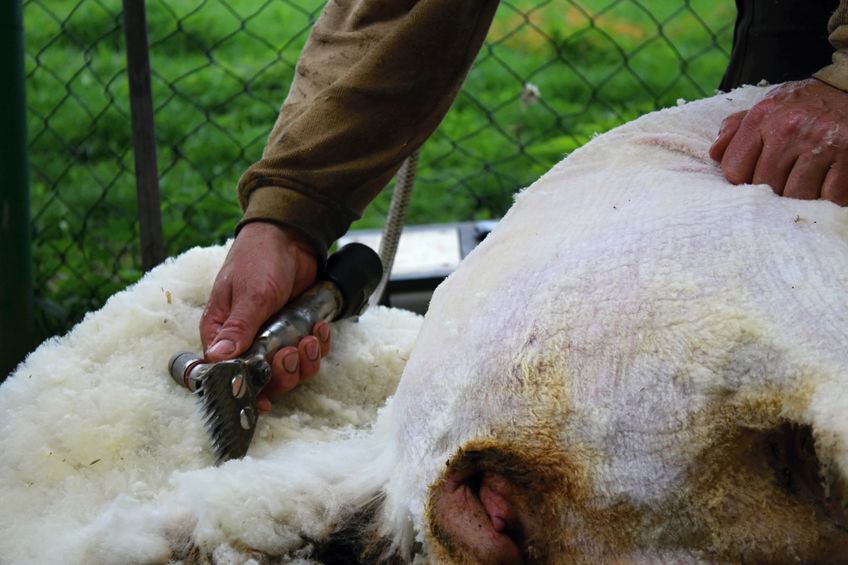
Welsh farm leaders have called for British Wool to receive Covid-19 financial support due to the pandemic's impact on both the sector and primary producers.
It comes as British Wool was denied Covid-19 support through the Coronavirus Business Interruption Loan Scheme (CIBLs) last month.
The crisis has led to a significant drop in demand for wool as the global market for cross bred wool has been shut since February this year.
The busiest selling period for British wool is between February and May each year and the impact of the pandemic on wool sales has therefore been particularly acute.
The Farmers’ Union of Wales (FUW) has now written to Welsh government's economy minister, Ken Skates demanding a rethink of the decision.
In its letter, the union highlighted the impact that the closure of wool markets would have on the price received by sheep farmers for their wool.
It also highlighted the fact that sheep producers must still pay for this year's shearing costs.
FUW deputy president, Ian Rickman said the closure of normal wool markets had left British Wool with around one third of their wool stock unsold.
He explained this has had a 'direct impact' on sheep producer incomes: "This unsold stock not only detrimentally affects calculated wool values, which are payable for the 2019-20 balance, but also means that British Wool are unable to pay an advance for this season’s wool.”
Despite funding being made available to other wool purchasers, British Wool has failed to qualify for support as they have been classified as a public sector body.
“British Wool is wholly independent, self-funding and operates within a competitive market place," Mr Rickman said.
"We believe that British Wool should have fully qualified for support under the CBILs scheme or some other variation of Covid-19 support for businesses."
He added: “Given the impact upon both the sector and upon primary producers, we have made our views known and have written to the Minister to call for a rethink on this funding decision.”
